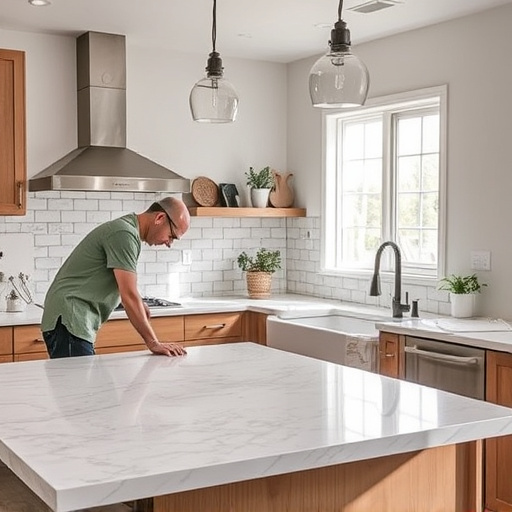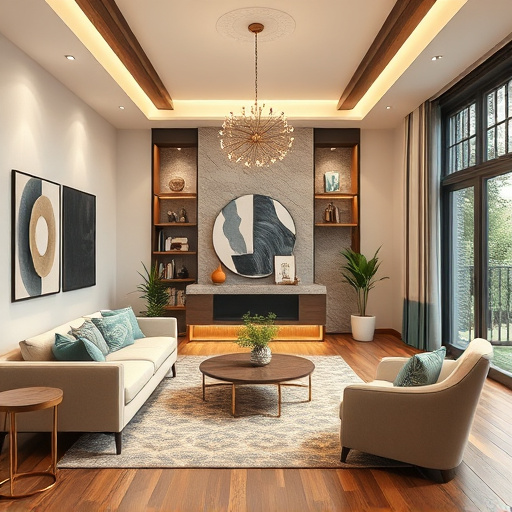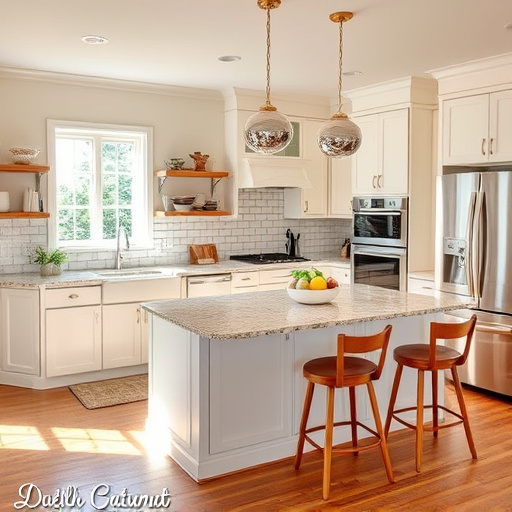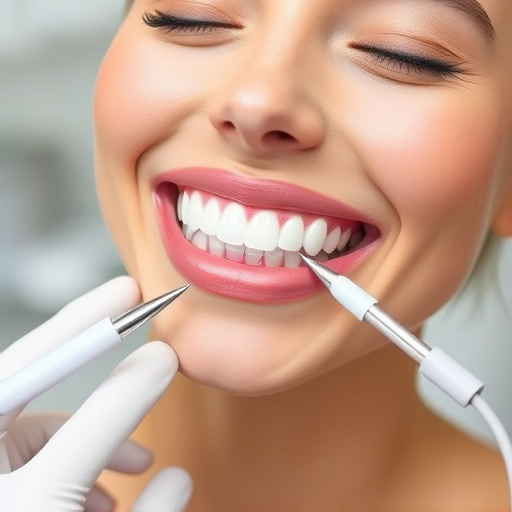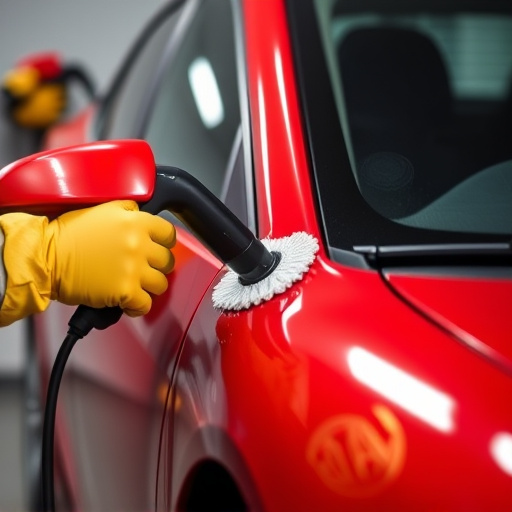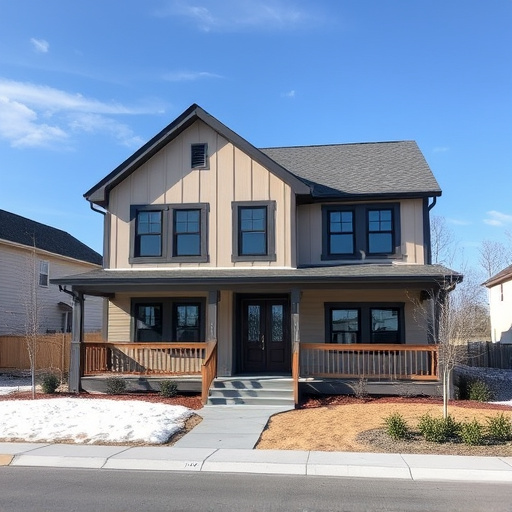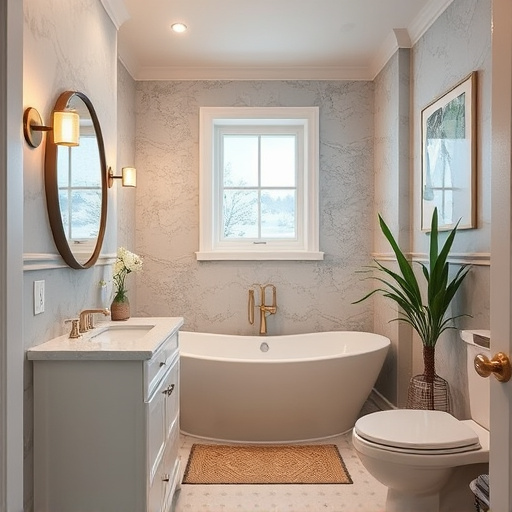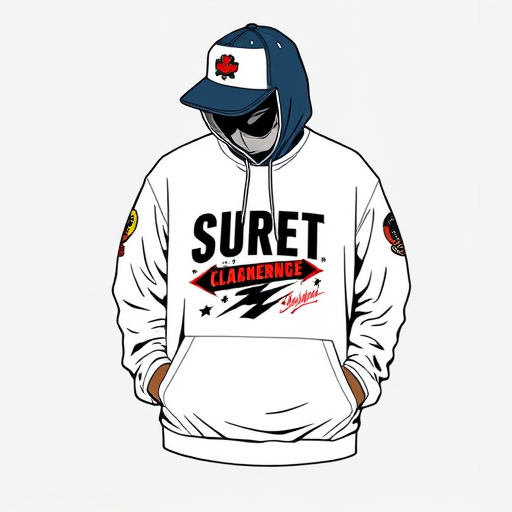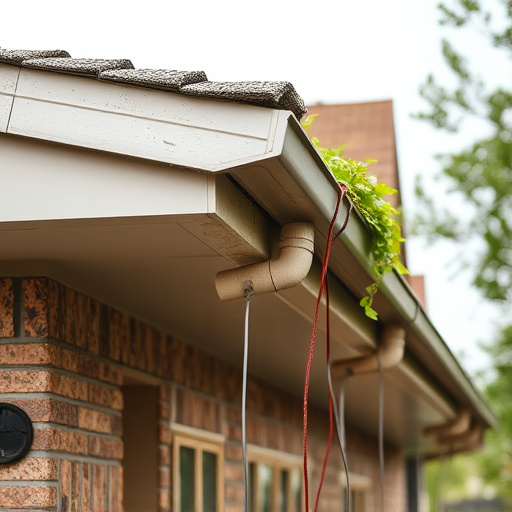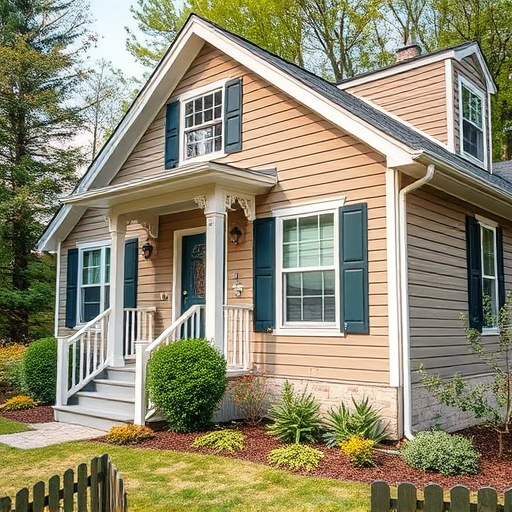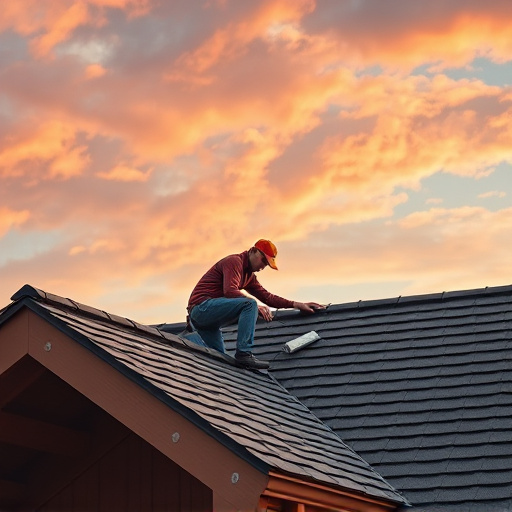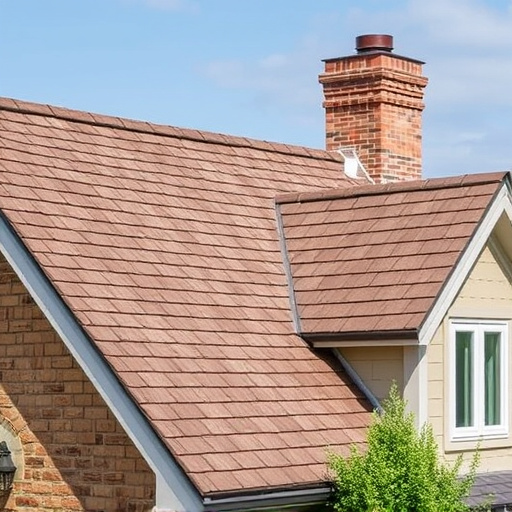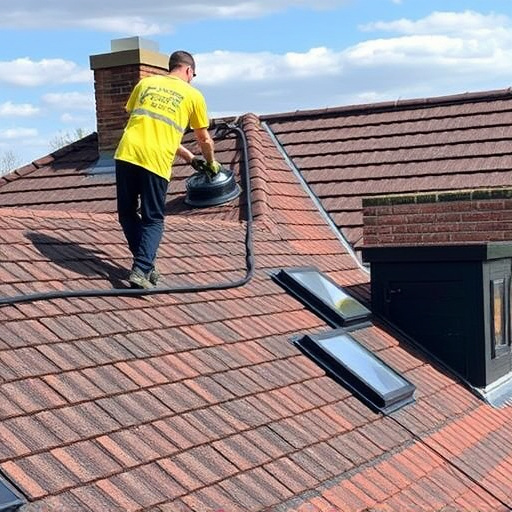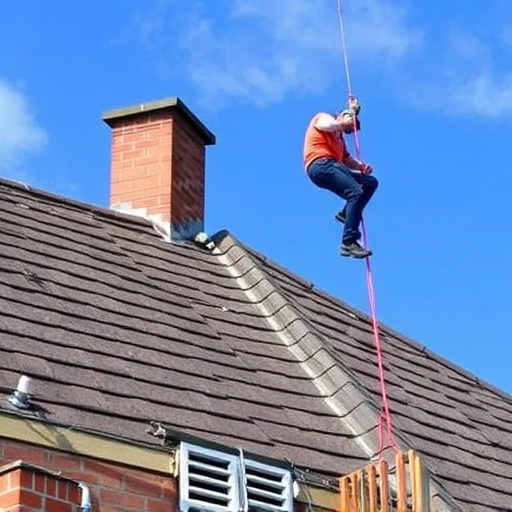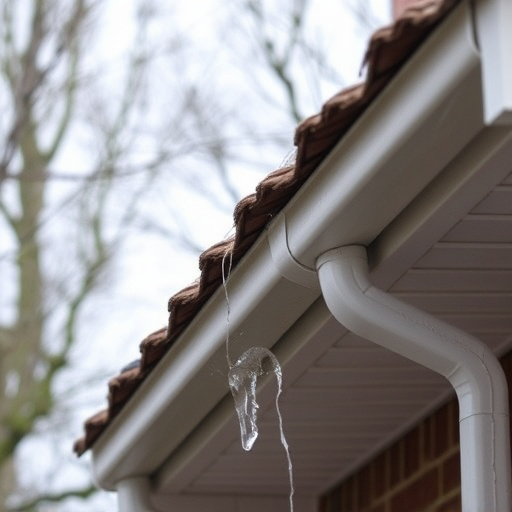When choosing commercial siding, durability is key. Metal excels in strength and weather resistance, offering long-lasting, low-maintenance solutions, while EIFS provides enhanced insulation and design versatility with frequent repair needs in harsh climates. EIFS is ideal for specific scenarios demanding thermal efficiency and customization, whereas metal remains the superior choice for enduring protection against extreme conditions.
When considering commercial siding options, Exterior Insulation and Finishing System (EIFS) and metal stand out for their durability and aesthetic appeal. This article delves into a comprehensive comparison between these two materials, focusing on key aspects that drive decisions in the commercial construction sector. From longevity and environmental impact to maintenance costs and design flexibility, we explore why EIFS and metal siding are preferred choices, offering insights to help you choose the best option for your project.
- Durability and Longevity: A Side-by-Side Look
- – EIFS (Exterior Insulation and Finishing System) durability
- – Metal siding longevity
Durability and Longevity: A Side-by-Side Look
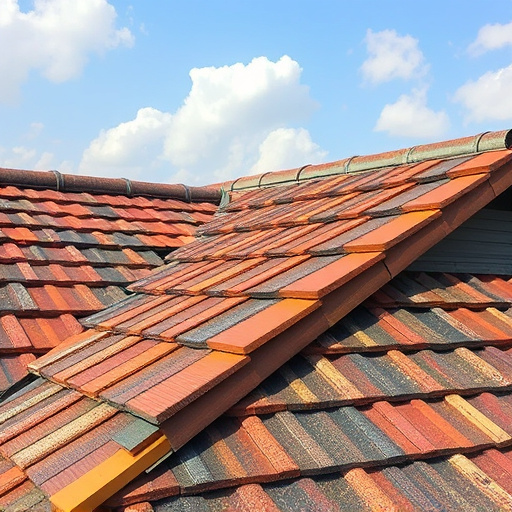
When comparing EIFS (Exterior Insulation and Finish System) to metal for commercial siding applications, durability and longevity stand out as key considerations. Both materials offer robust performance, but they differ significantly in their long-term reliability. Metal siding, traditionally known for its strength and resistance to weather, has proven to last for several decades with minimal maintenance. Its rigid nature makes it less susceptible to cracks or warping, ensuring a consistent aesthetic appeal over time. This material’s durability is particularly advantageous for commercial properties, where regular roof consulting and eventual roof replacement can be costly.
In contrast, EIFS provides excellent insulation benefits along with a wide range of design options. While it offers good resistance to water intrusion, its longevity in extreme weather conditions or against physical impacts is generally considered shorter than metal siding. EIFS may require more frequent repairs or even complete replacement over the years, especially in regions with harsher climates or areas prone to high wind events. Thus, for commercial siding applications, metal continues to be a preferred choice for those seeking long-lasting solutions, while EIFS might be more suitable for projects requiring enhanced insulation and design flexibility.
– EIFS (Exterior Insulation and Finishing System) durability
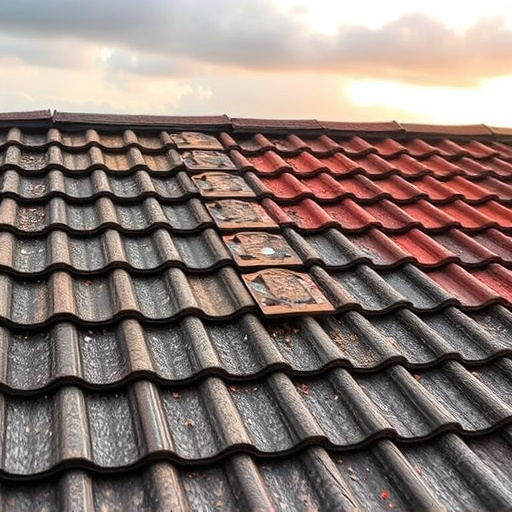
EIFS, or Exterior Insulation and Finishing System, is renowned for its superior durability when applied to commercial siding. This system typically consists of three components: exterior insulation, a protective barrier, and a finished exterior cladding. The insulation layer provides excellent thermal resistance, contributing to energy-efficient buildings. Moreover, EIFS offers resilience against harsh weather conditions, including high winds and heavy snowfall, making it an ideal choice for commercial structures.
Compared to traditional metal siding, EIFS demonstrates longevity and minimal maintenance requirements. While metal is known for its strength, EIFS provides a more comprehensive solution by addressing insulation, water management, and aesthetic appeal in one system. This integrated approach ensures that commercial buildings remain protected from the elements, reducing the need for frequent siding repairs or replacements, which can be costly and disruptive to residential or commercial roofing projects.
– Metal siding longevity
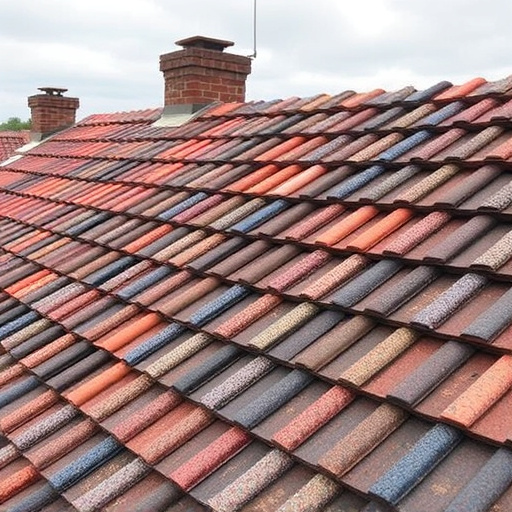
Metal siding is renowned for its exceptional longevity, making it a popular choice for commercial siding applications. Its durability stems from the robust materials used, such as aluminium or steel, which are resistant to rot, rust, and decay. Unlike traditional roofing solutions, metal siding doesn’t require frequent replacement, saving businesses time and money in the long run. With proper installation and minimal maintenance, metal siding can last for decades, ensuring a low-maintenance exterior for commercial properties.
Unlike other materials, metal is not susceptible to the elements, including extreme temperatures and precipitation, which makes it an ideal choice for diverse climates. Its rigid structure also provides superior wind resistance, reducing the risk of damage during storms or harsh weather conditions. This durability and reliability make metal siding a preferred option for those seeking long-lasting roofing and siding solutions for their commercial spaces.
When considering commercial siding options, both EIFS and metal offer robust solutions. EIFS stands out for its superior insulation properties and durability against extreme weather conditions, making it an eco-friendly choice. Metal siding, however, boasts unmatched fire resistance and low maintenance requirements, ensuring long-lasting protection for buildings. The decision between the two ultimately hinges on specific project needs, budget, and aesthetic preferences. For optimal performance, consult experts to determine whether EIFS or metal siding is the ideal choice for your commercial property.
